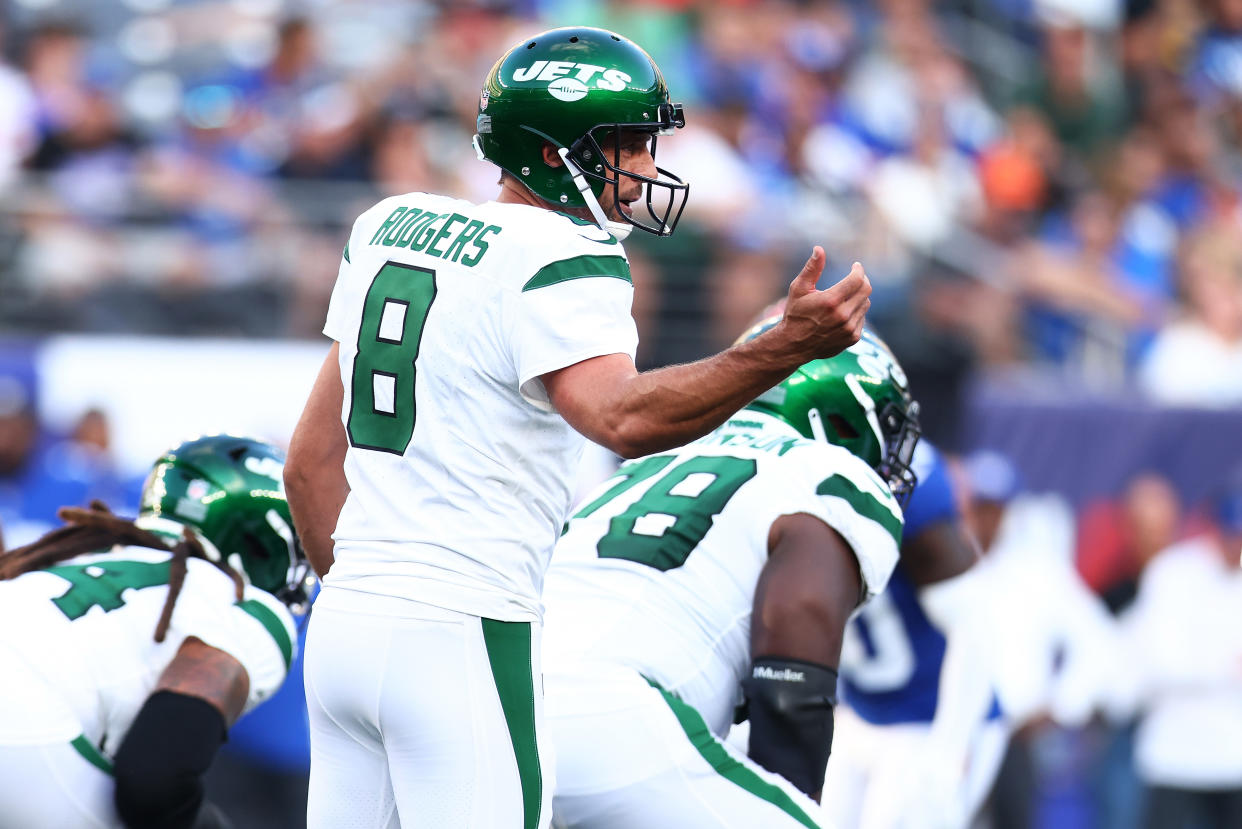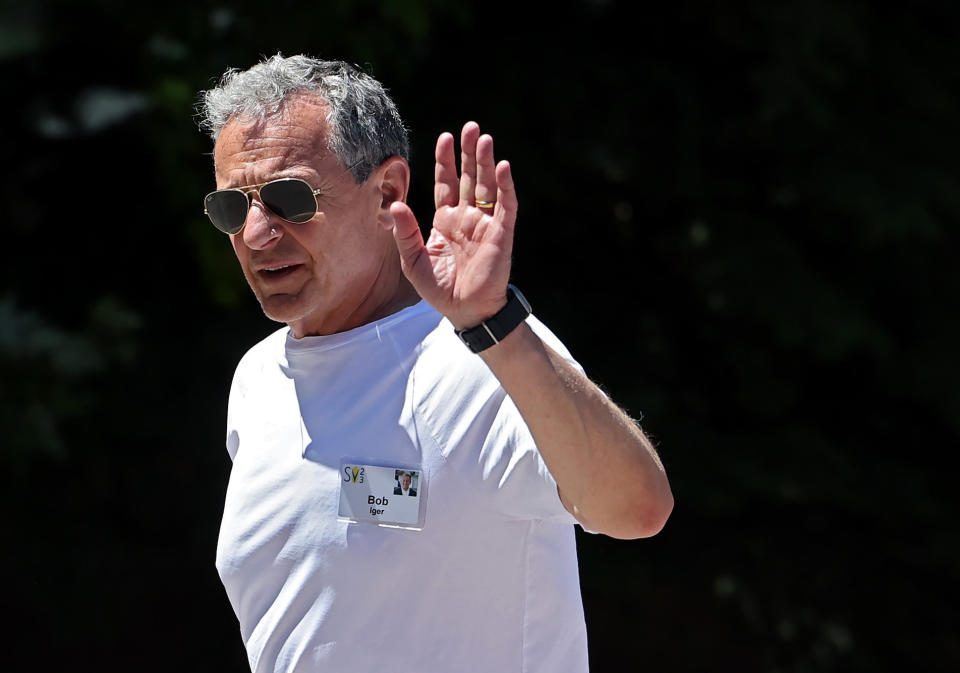Disney and Charter Reach a Deal and (Some of) Cable Lives to See Another Day

Just when it looked like cable TV was done for — again — Disney and Charter have come to terms on a new carriage deal. As it turns out, it was streaming that saved the day; oh the irony.
Charter wanted Disney to provide ad-supported Disney+, for free, to its Spectrum cable-video customers. The argument on the MVPD (Multichannel Video Programming Distributor) side was that the multiplatform entertainment brand has steadily been pushing all of its quality content to the flagship streaming service, leaving its many cable channels with nothing but scraps. Charter has to pay for those, which means it was the Spectrum video customers ultimately picking up the tab.
More from IndieWire
Shawn Levy: 'Stranger Things 5' Is as 'Big as Any of the Biggest Movies' in Theaters
The Drew Barrymore Explainer: Why She and Daytime TV Are Under Fire During the Writers Strike
The cable provider was also interested in providing (free) ad-supported ESPN+ and Hulu access to its clients, IndieWire was told last week, but Disney+ was the real sticking point. Negotiations kind of got there: Charter will pay Disney a wholesale rate for Disney+ and ESPN+, and certain Spectrum subscribers will get the streamers for free.
Spectrum TV Select members will now get Disney+ Basic, the companies said on Monday. That’s the “significant majority” of Spectrum cable-video customers, a person with knowledge of the situation told IndieWire.
Spectrum TV Select Plus members will also get ESPN+. That’s the costlier cable-TV package, which means fewer subscribers; the minority of Spectrum’s video customers are on that plan.
Spectrum TV Select (and TV Select Plus) subscribers will get the new ESPN direct-to-consumer service when it launches. We do not yet have any launch details; it will not replace linear ESPN or ESPN+ in the marketplace, we’re told. At least not yet.
Not all the previous Disney linear channels will stick around on Spectrum: Baby TV, Disney Junior, Disney XD, Freeform, FXM, FXX, Nat Geo Wild, and Nat Geo Mundo are gone. Staying are ABC-owned television stations, Disney Channel, FX, Nat Geo, and the ESPN linear networks. Charter is paying Disney its market-rate increases for the ones sticking around, we’re told, but will save money by shaving off the excess networks.
Today’s timing is anything but coincidental: ESPN’s “Monday Night Football” will make its 2023 NFL Regular Season debut this evening when Aaron Rodgers and the New York Jets host fellow AFC East team the Buffalo Bills. In addition to airing on ESPN, the game will also be available on broadcast network ABC and streaming platform ESPN+. Now, it will again be available to Spectrum customers, as will the rest of Disney’s programming.
That nod to the football calendar was not glossed over in the Monday-morning announcement.
“Our collective goal has always been to build an innovative model for the future. This deal recognizes both the continued value of linear television and the growing popularity of streaming services while addressing the evolving needs of our consumers,” Disney boss Bob Iger and Charter chief Chris Winfrey said in a joint statement. “We also want to thank our mutual customers for their patience this past week and are pleased that Spectrum viewers once again have access to Disney’s high-quality sports, news and entertainment programming, in time for ‘Monday Night Football.'”

About a dozen days ago, Disney’s linear-television channels went dark on Spectrum. Blackouts as a negotiating tactic are actually quite common in the industry, but this dispute was different. Or at least it felt that way — and it felt like Disney’s channels could be out of the Spectrum cable-video package for good.
At the time, Charter (and Wall Street) realized that it would probably be good business to lose the Disney channels, even if it meant losing a pretty large number of cable-video consumers. Disney’s networks, especially ESPN, are so expensive to an MVPD that taking an “L” in terms of video subscribers could pretty easily be offset by losing those carriage fees. Charter had stated that it pays Disney more than $2.2 billion per year in affiliate fees.
Charter’s businesses run the, well, spectrum. The loss of a cable-video customer presents the opportunity to further monetize the customer as a broadband subscriber. Charter will continue to sell Disney+, Hulu and ESPN+ (and the bundles) at retail rates to broadband-only customers.
Best of IndieWire
Nicolas Winding Refn's Favorite Films: 37 Movies the Director Wants You to See
The Best LGBTQ Movies and TV Shows Streaming on Netflix Right Now
Unsimulated Sex Scenes in Film: 'Nymphomaniac,' 'Brown Bunny,' 'Little Ashes,' and More
Sign up for Indiewire's Newsletter. For the latest news, follow us on Facebook, Twitter, and Instagram.
